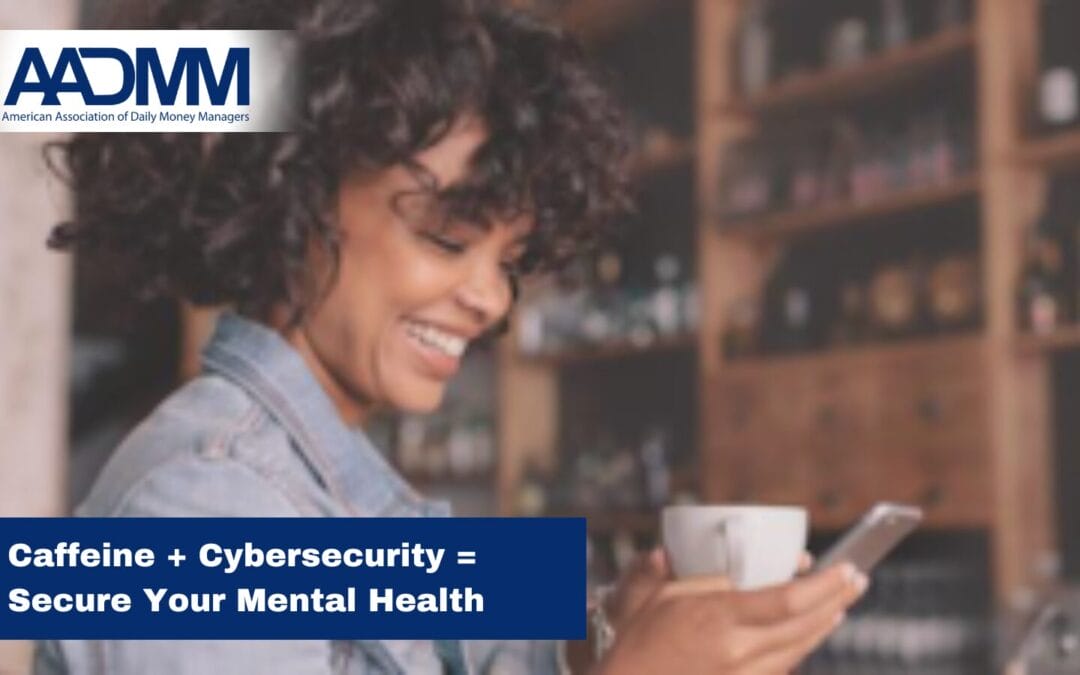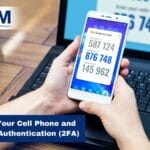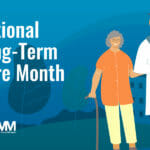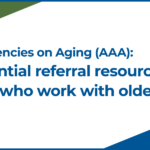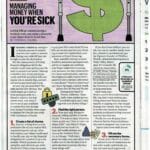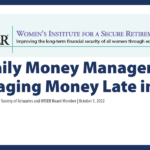When it comes to cybersecurity, people of all ages need to be educated on securing their online lives by learning best practices as well as how to deal with scammers. If we’re not careful about protecting ourselves digitally, our mental health will suffer through feelings of embarrassment, shame, and feeling violated and victimized.
The Youthful Generations
Youth and younger adults must learn the importance of practicing cybersecurity to protect their mental health. A recent blog on locking down devices gives tips that will help keep young peoples’ devices secure. However, tweens, teens, and young adults are especially susceptible to the desire for social acceptance, ignorance of the long-term risks of oversharing, and trusting individuals who prey on their abundant social media presence.
Young aspiring artist Sally shares her colorful artwork online but becomes discouraged or even depressed if met with disparaging or derogatory remarks about her work. Beware of allowing your children to post—or consume—as they will on social media. Instagram’s new parental controls for teens monitors a child’s activity and alerts parents when someone befriends them. Parents also have the option to mandate their kids’ media accounts to private or public. Monitoring their screen time is a crucial step in keeping them from spiraling into anxiety or depression and further increasing the risk of experiencing an adverse online event.
The Squeeze Generation
Many working-age adults benefit from the embedded safety of their employer’s cybersecurity protections and technology management. Operating outside of these safe zones or monitored devices creates cyber exposure opportunities. If you’re working from home, it is always best to do sensitive work via VPN and connect to your company’s secure internal network. Even when you’re off the clock, on vacation, or at your favorite coffee shop, it’s always best to VPN no matter where you are.
Why? Venturing outside your workplace or home WiFi network doesn’t have the same level of security. Whether you’re working remotely or no longer working, activate your personal VPN app, like NordVPN, before accessing public WiFi. Going unsecured makes it too easy to be hacked. Unsecured networks have too many back doors that scammers can use to steal your information.
Even for members of the Squeeze Generation, their mental health can be affected by getting scammed. It can be highly embarrassing and feel violating, especially when they become self-critical because “I should have known better.” Just because one is of a certain age or generation does not mean they are immune to being a victim of fraud. Protecting oneself digitally and keeping an eye out for red flags is essential. If something doesn’t feel right, it’s probably not right. If you’re not sure, don’t follow through. It’s better to be safe than sorry.
The Older Generation
Seniors, on the other hand, have more worldly experience; however, they are often subject to scammers who elicit fear for loved ones’ safety or expose their fear of technology, all while deceiving them to get a payday.
As older adults cease using digital communication formats such as email, texts, or internet access, the risk of telephone scams rises exponentially. Unsolicited calls specifically target vulnerable, lonely elders because they likely crave personal interactions and are swayed to provide financial or personal information.
This also can lead to poor mental health for the elderly, especially if ‘Grandma’ lost her life savings by trusting in the sob story of a two-bit scammer. She will feel ashamed to have lost thousands of dollars and suffer embarrassment when sharing the situation with loved ones who criticize her for being an easy target. It will take her awhile to get over her feelings of being victimized. Learn more by reading tips on how seniors can improve their personal cybersecurity, in an article published by the National Council on Aging (or NCoA).
For ourselves and our loved ones of all generations, education and vigilance are vital in defending against and reducing cyber-risk while maintaining mental health. This includes updating devices, avoiding public Wi-Fi, and monitoring screen time. It is always best to trust no one when it comes to those soliciting your money.
Daily money managers can help you protect and defend your sanity and wallet with ongoing cybersecurity insights and tips. Reach out to a member of AADMM to discuss how to spot fraud and avoid being taken for a ride.
Nanette Duffey is a Certified Daily Money Manager and CEO of Organized Instincts

